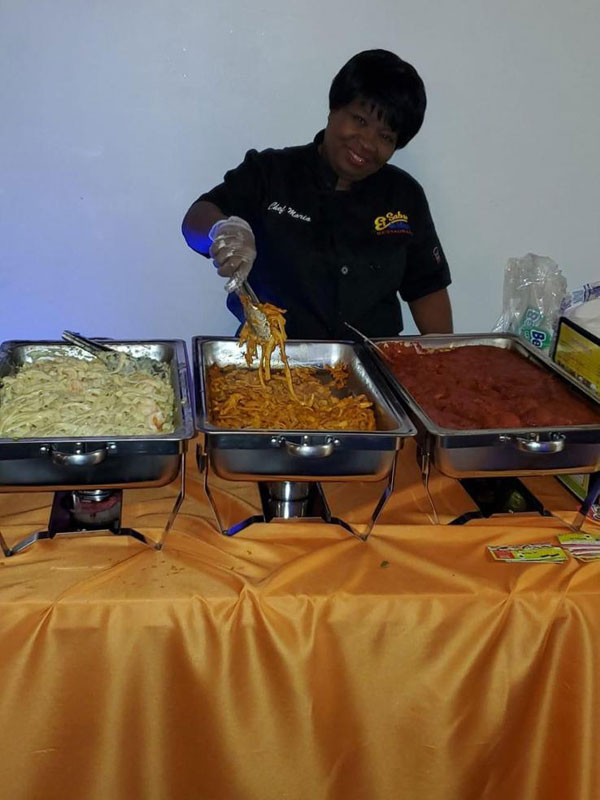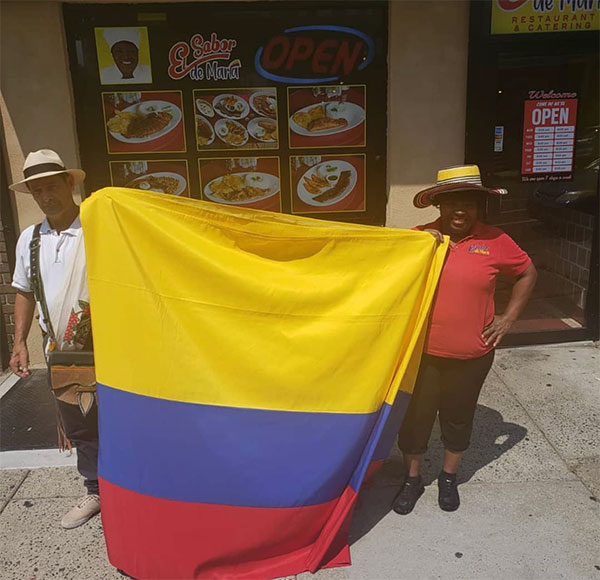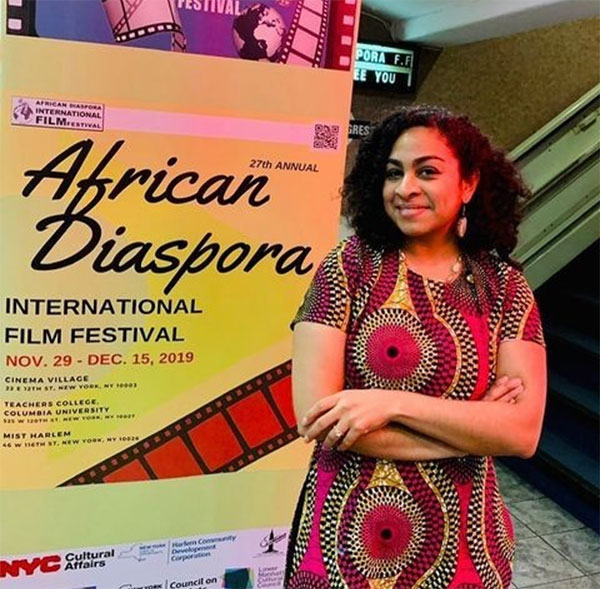
Philadelphia, PA – In a candid exploration of challenges and triumphs, Afro-Latina women from diverse backgrounds share their experiences, shedding light on the nuances of identity, heritage, and the persistent battle against stereotypes.
Maria Mejia, a Colombian restaurant owner, boldly defies racial prejudice, emphasizing the importance of proudly presenting herself as an Afro-Latina. «One of the biggest challenges is racism, especially when people assume I’m Afro-American and don’t speak English. I always introduce myself as Afro-Latina, honoring my roots,» says Mejia.
Facing the daunting challenge of racial prejudice, Mejia speaks of her unwavering connection to her Afro-Colombian heritage. Her mom passed away when she was very young, and her father always taught her to be proud of her skin color and everything that she is. «I am very proud of my roots and share my ancestral cuisine with those who want to experience our food,» Mejia said.

Meanwhile, Gabriela Watson-Burkett, a multitalented Afro-Latina from Brazil and Peru, recounts negative experiences that fueled her determination to make a social impact as a producer, filmmaker, educator, and journalist. As the only Afro-individual in various settings, she reflects on Brazil’s lack of Afro-representation, highlighting the resulting economic disparities. «There wasn’t much Afro representation in my school, the gymnastics class I took, or the English classes. I was the only one then because my parents wanted me to study and do activities that would help me in my life. In Brazil, with a significant Afro population, it’s disheartening to see the limited opportunities for our community,» she remarks.
Challenging stereotypes at 17, Watson-Burkett took the initiative to advocate for the inclusion of Afro-authors in her school’s curriculum. She founded a group called «Dandaras,» fostering unity among women to push for Afro-Brazilian cultural inclusion. Creating events, radio programs, and annual documentary exhibitions, Wattson-Burkett’s activism became a powerful force in her community.
On the other hand, Mejia is asking for more opportunities for Afro Latinas where they can use their talents and skills to contribute, grow, and be a role model for their families and the community.

The stories of these Afro-Latina women serve as powerful narratives, illustrating the resilience, pride, and activism that shape their lives. As they dismantle stereotypes and strive for representation, their journeys inspire a collective push for equity, understanding, and celebrating Afro-Latina heritage during Black History Month and all year.

Over 56% of Brazil’s 215 million people are Afro-Brazilian, making it the largest Black population in the Americas. Racial issues are a crucial aspect in analyzing all aspects of Brazil’s political, economic, societal, and cultural matters.
In Colombia, the Afro-Colombian population, officially 6%, is argued by Black leaders to be undercounted. Seventy-seven percent of them face extreme poverty or its risk, along with higher rates of police violence and limited access to education.






